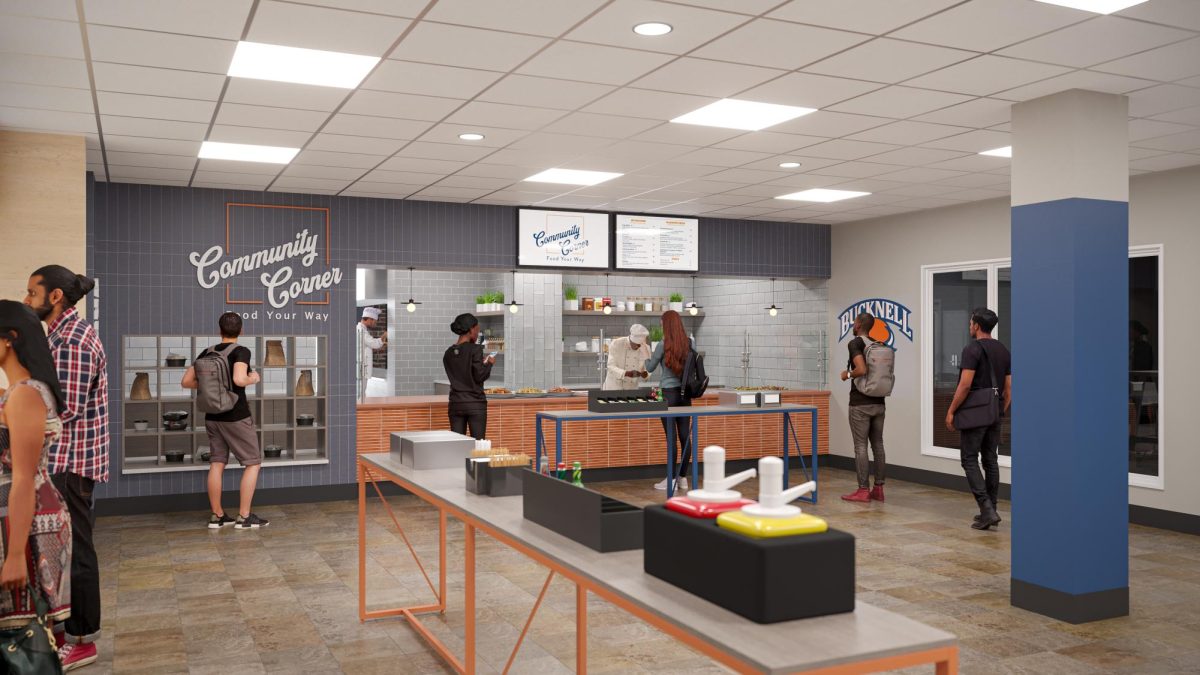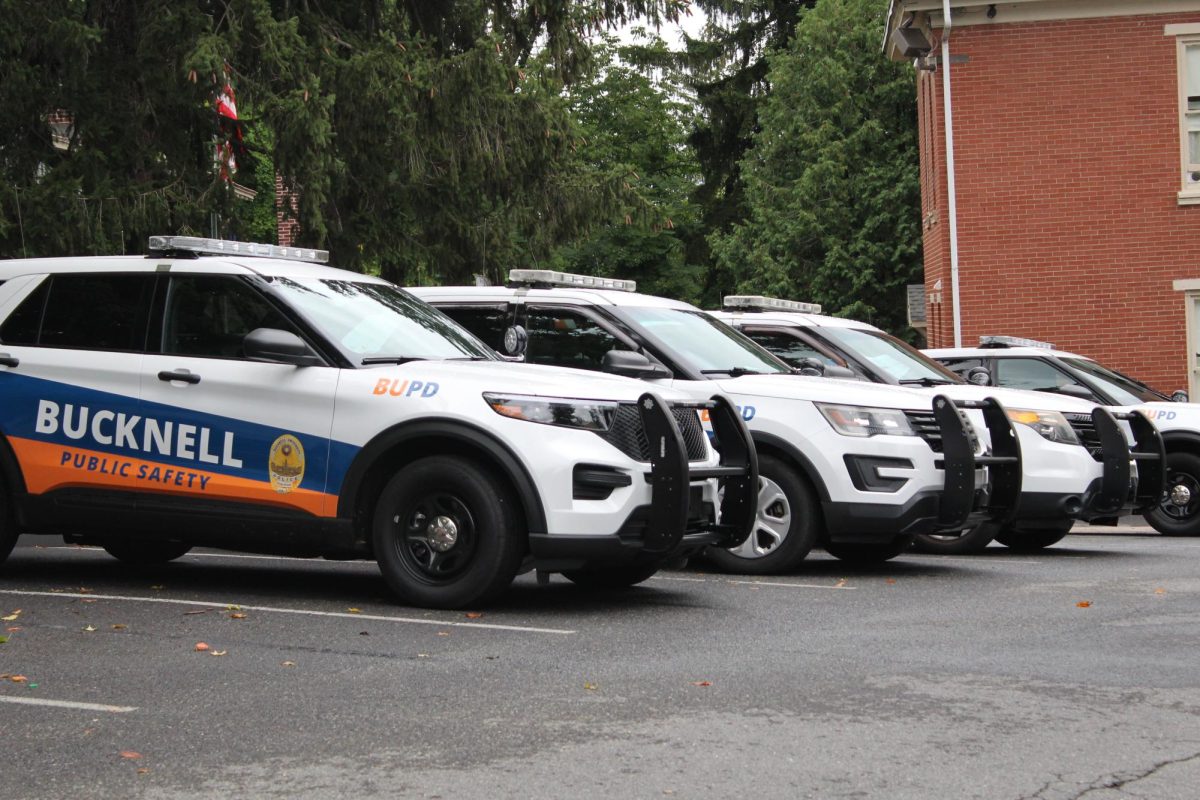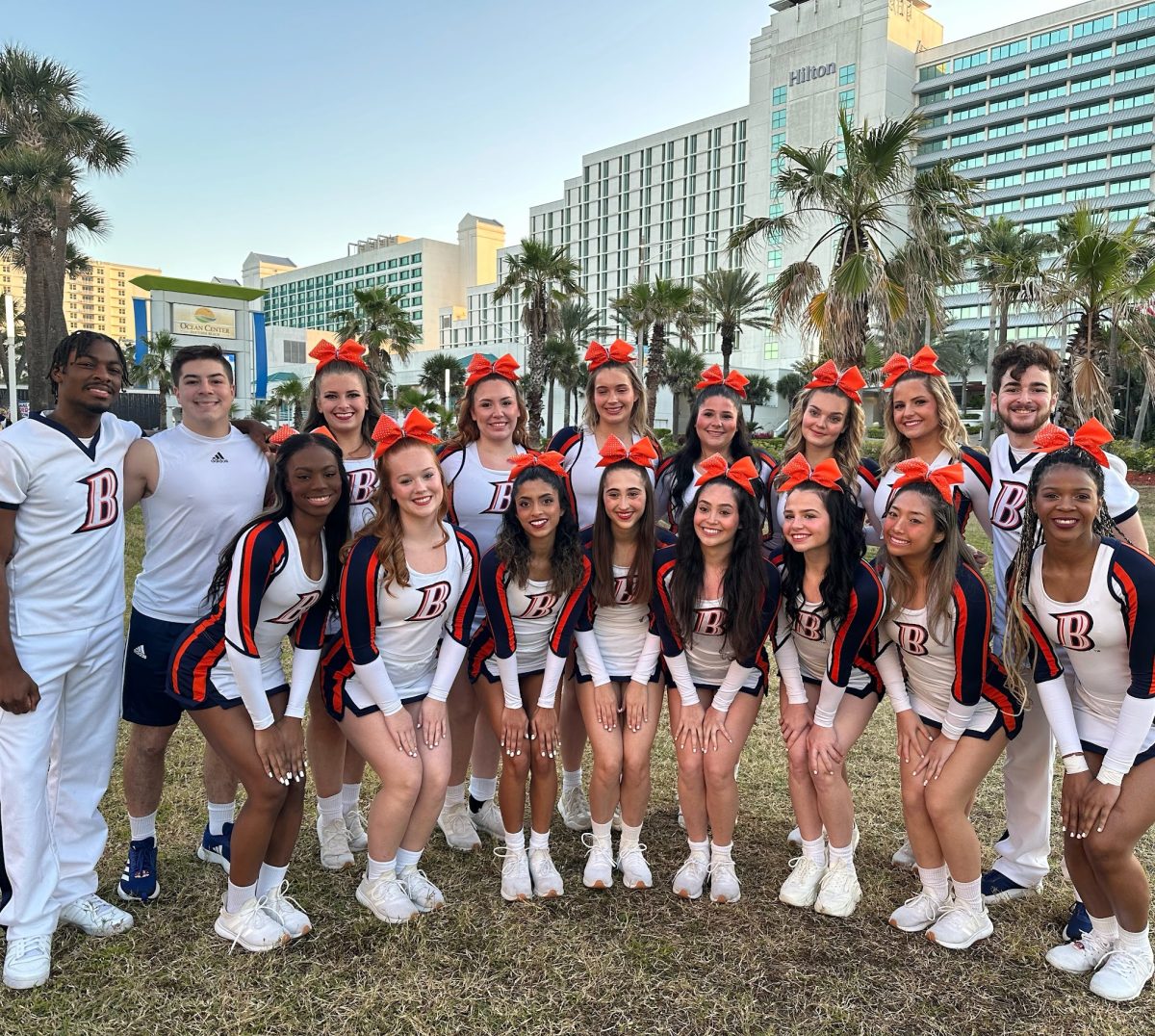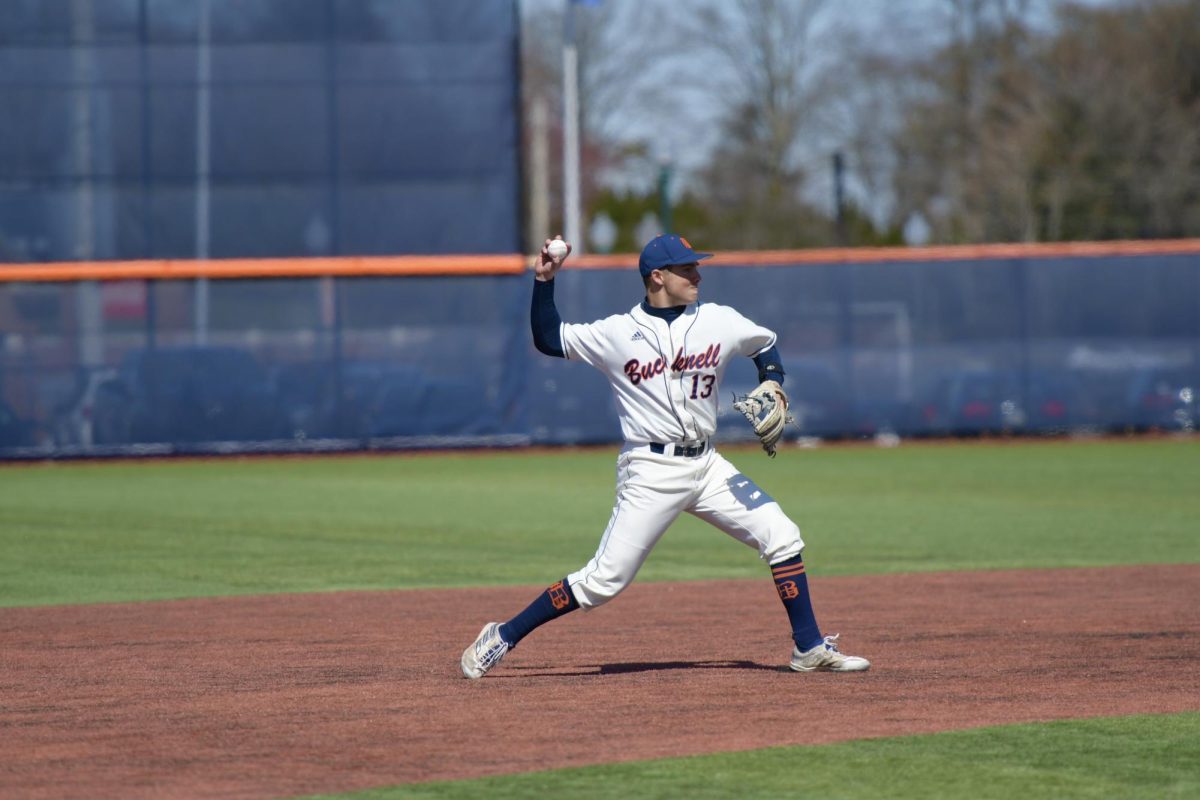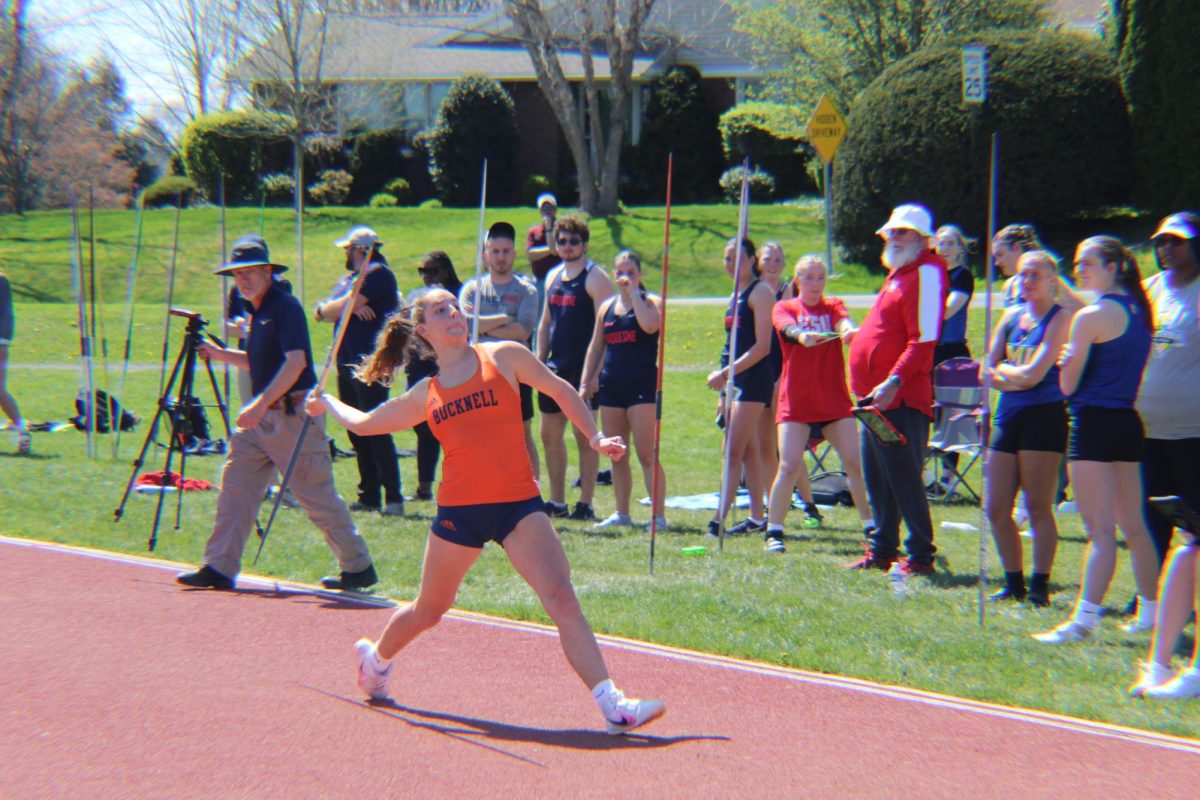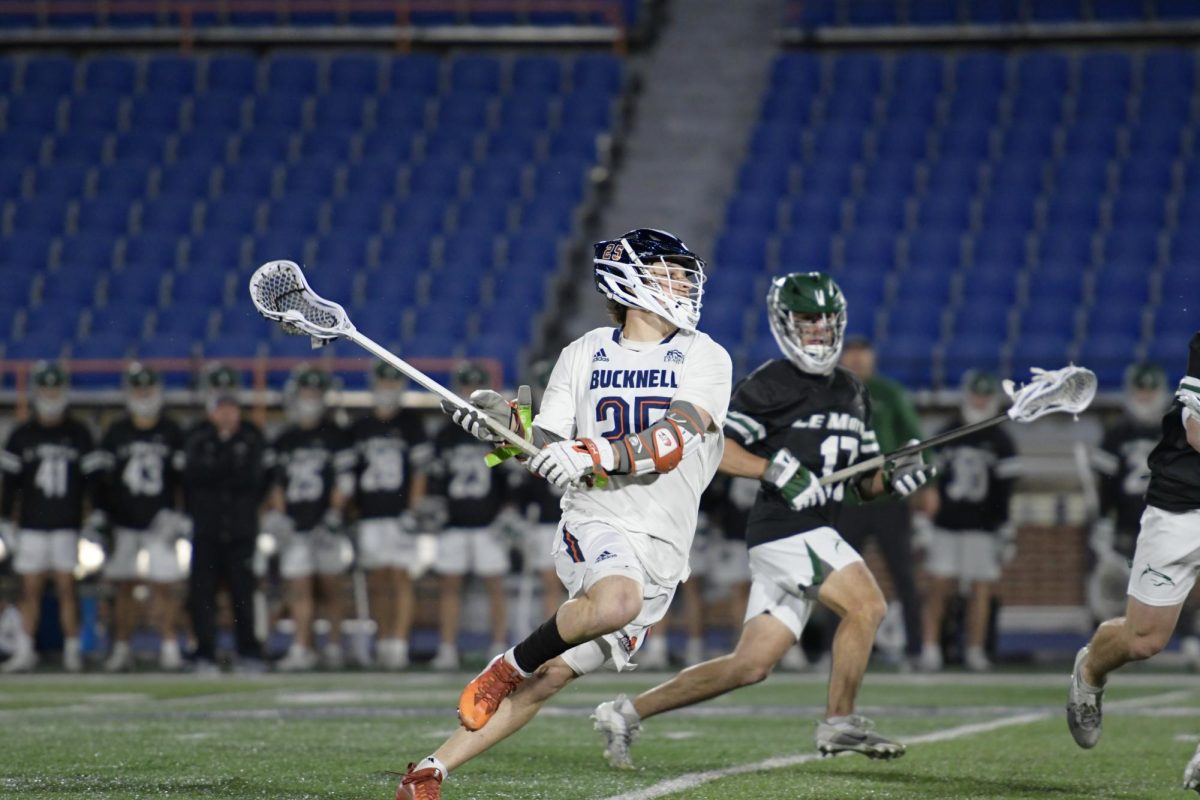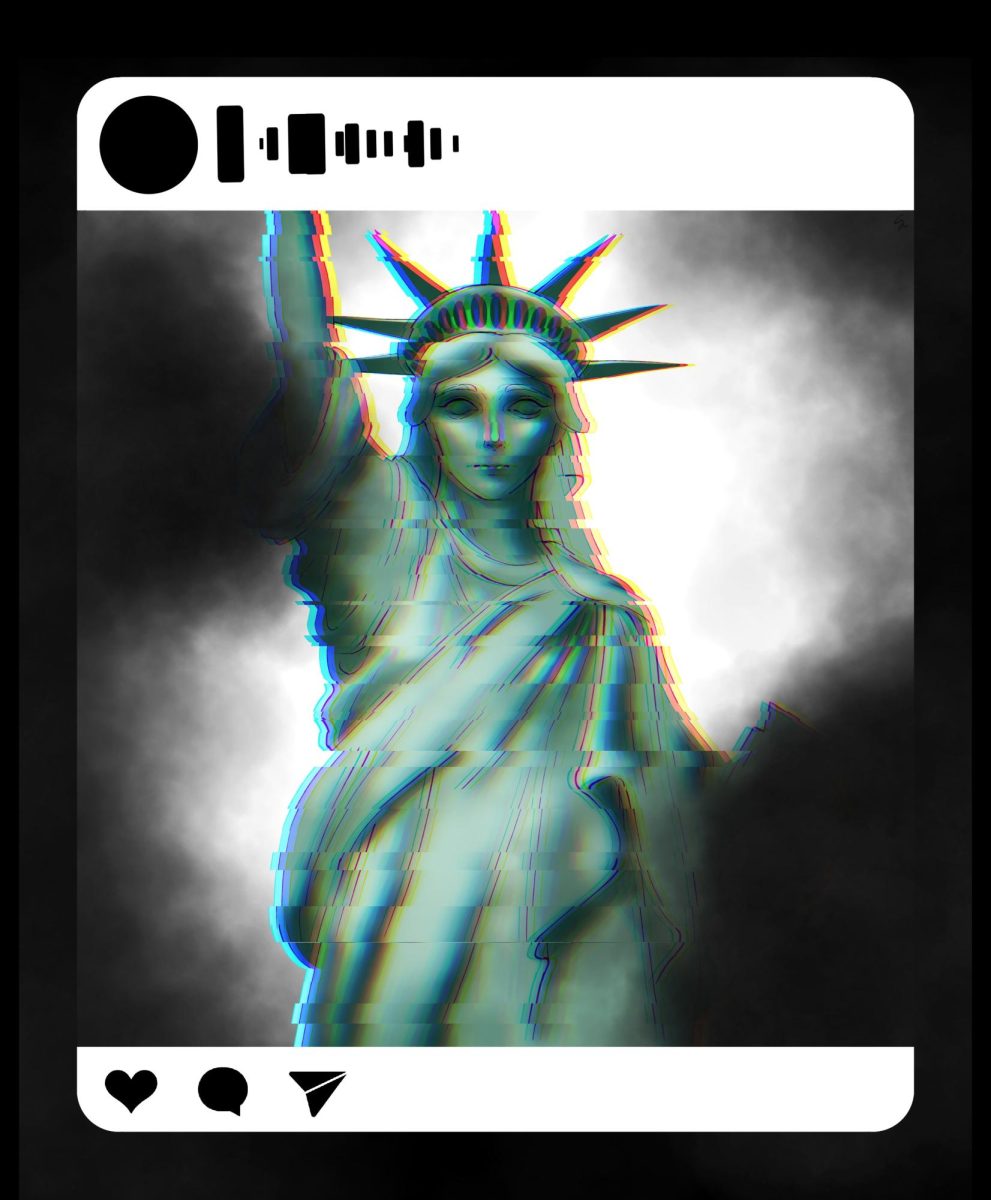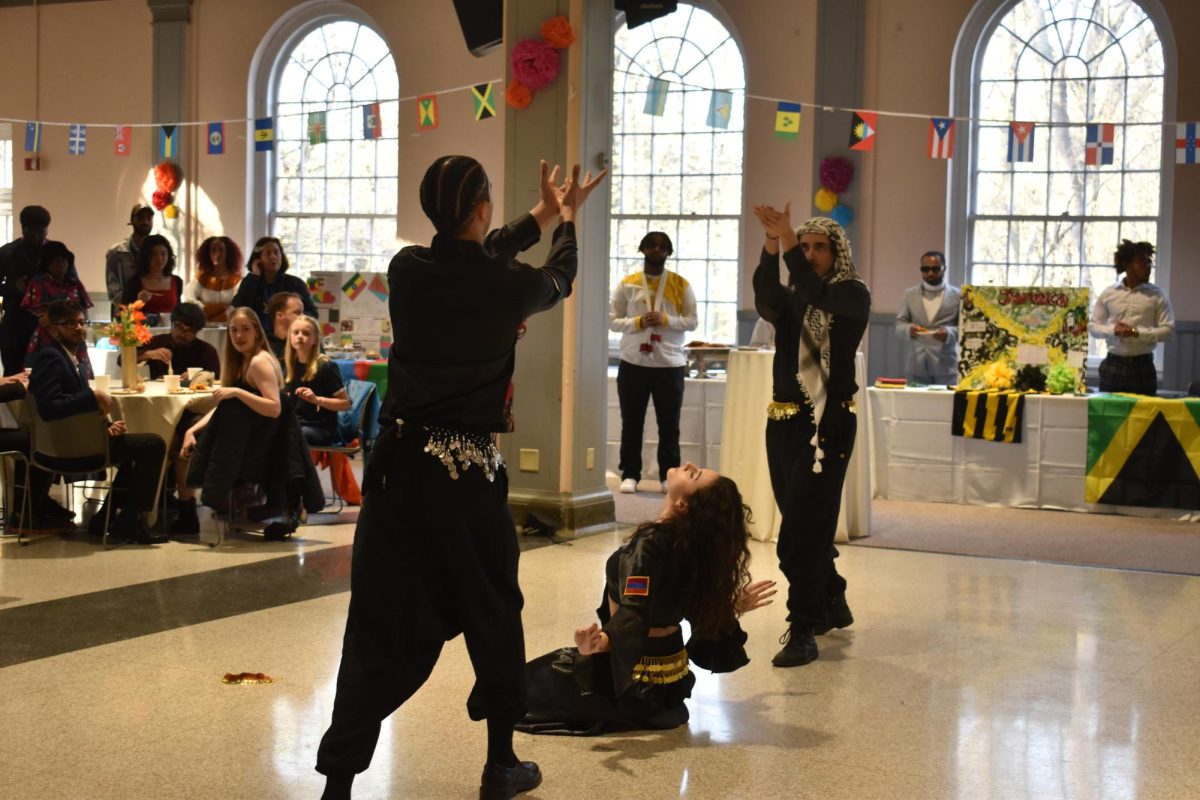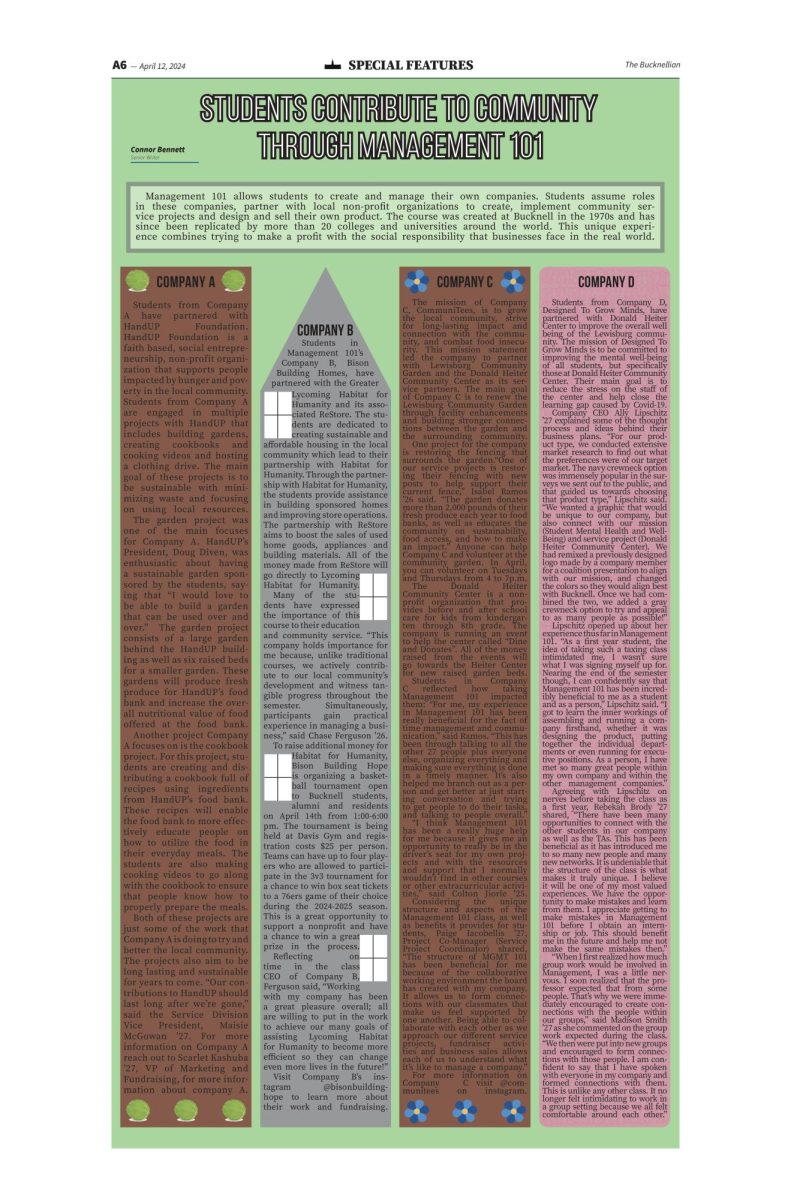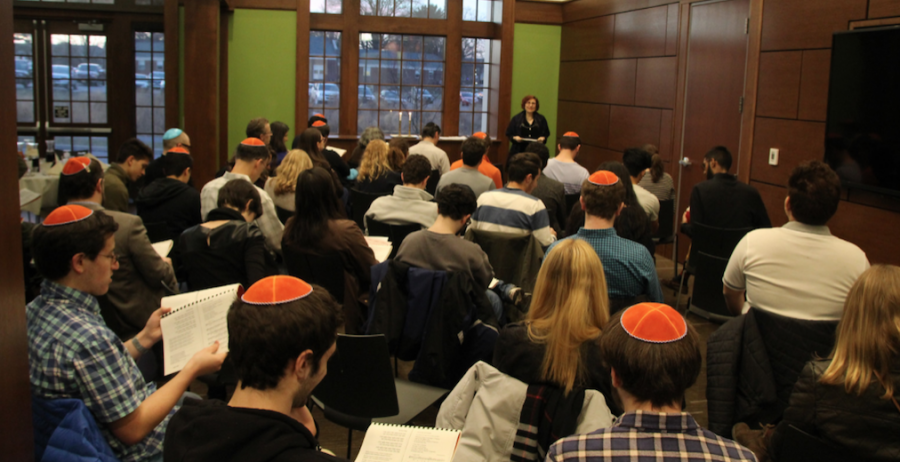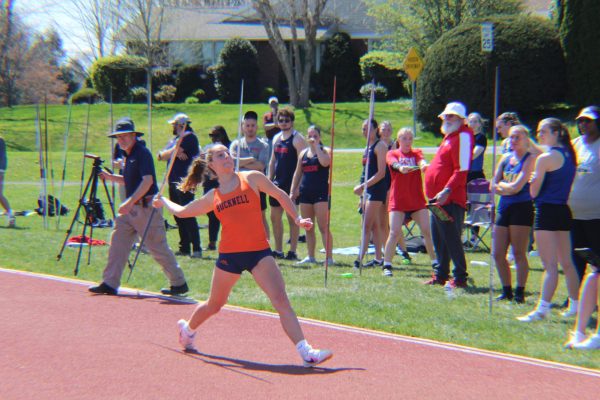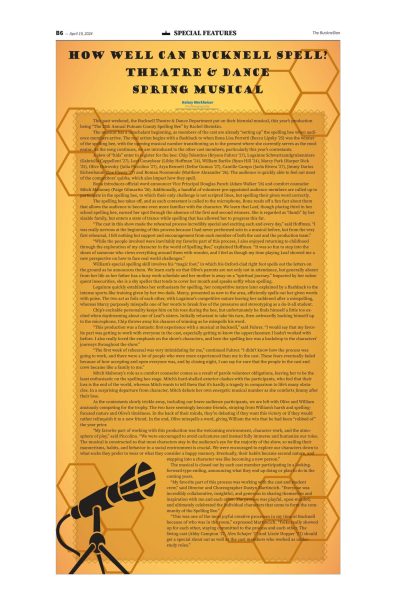Historic Jewish-Muslim Shabbat and Solidarity Dinner unites two communities
February 23, 2017
The University’s Muslim Students Association (MSA) and Hillel co-sponsored the first ever Jewish-Muslim Shabbat and Solidarity Dinner in the MacDonald Commons on Feb. 17. Shabbat, or the Jewish Sabbath, is a service traditionally held every Friday at sundown. In order to foster a relationship between MSA and Hillel, leaders of the two communities decided that the Shabbat would specifically be dedicated to forming bonds.
One difficulty in organizing this dinner prior to this year had been that neither Hillel nor the MSA had chaplains, or members of the clergy, to supervise the event. Former Rabbi Serena Fujita regularly held Shabbat at the Berelson Center for Jewish Life, which has been the Hillel’s headquarters since 2001.
This year, however, Rabbi Chana Leslie Glazer was hired as chaplain, making the dinner both a possibility and a priority. After recent events on campus and across the nation, including President Donald Trump’s executive order on travel bans and the discovery of swastikas on campus, Hillel and the MSA decided to choose a date sooner than originally planned for their dinner.
The dinner after the Shabbat service was a landmark moment in University history, as this was the first time Muslim and Jewish staff, faculty, and students came together to celebrate common ground within their different cultures. Over 75 people participated in the event.
“We can all be very proud of what we created together,” Glazer said.
Omar El-Etr ’19, vice president of communications in the MSA, said that the dinner made an important statement.
“No matter what happens, as two religious minority groups on campus, we will always stay in solidarity and hand-in-hand,” El-Etr said.
El-Etr went on to say that he thinks the University could help “organize more events where [MSA and Hillel] could invite a larger audience to learn and understand more about the two religions.”
Glazer expressed this same desire to unite various groups on campus.
“I think the best thing the University could do to deepen and solidify the ties between our communities would be to hire a Muslim chaplain who could work with me on it. We’d be able to do more together that way, and he or she could also directly address the needs of the community,” Glazer said.
President of Hillel Jake Rubin ’19 was impressed by the success of the event.
“I think that the event went very smoothly, and the outcome was what we were hoping for: bringing together two groups that are minorities on campus and in the United States. We showed that we support each other and won’t let hateful words and actions prevent us from holding our beliefs,” Rubin said.
While it is unlikely that there will be another event as large as the inaugural solidarity dinner between Hillel and the MSA held this semester, those in attendance discussed the possibility of future events to further develop the relationship between the two communities.
